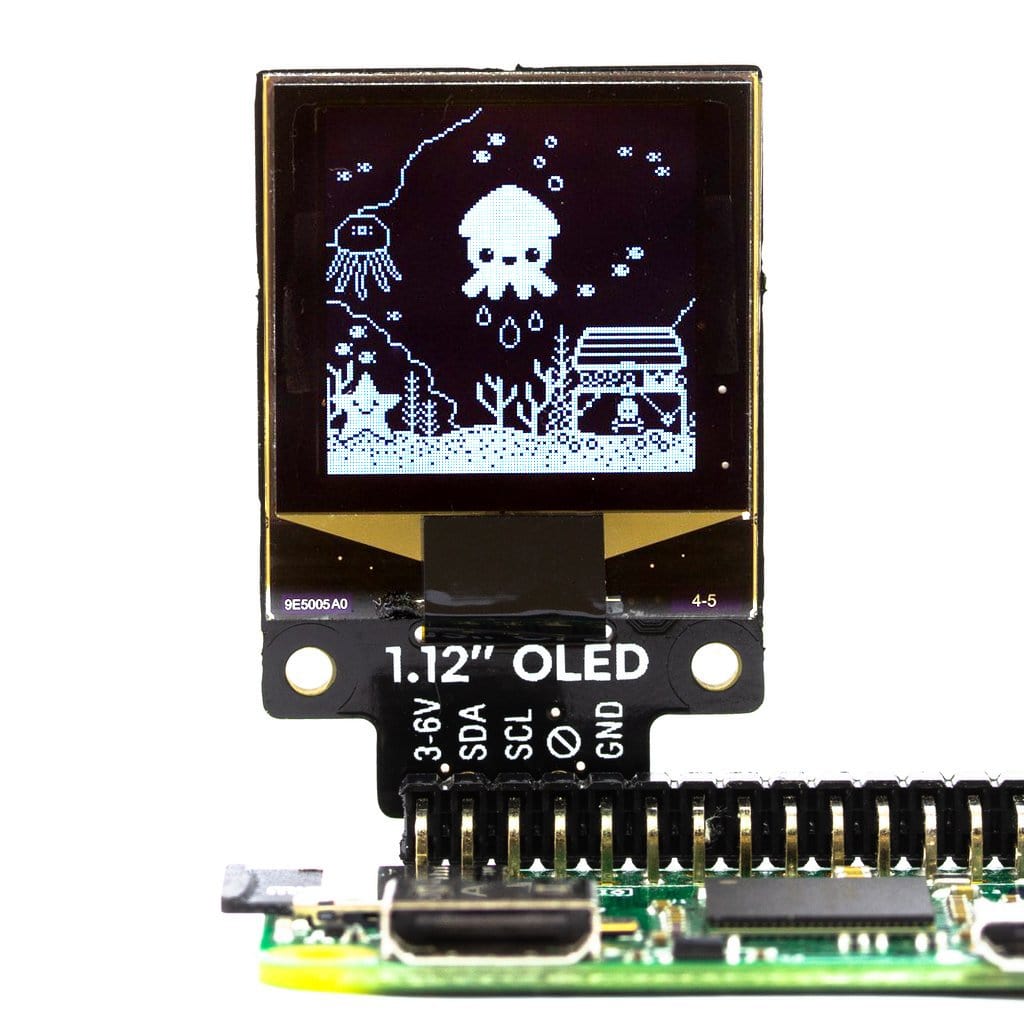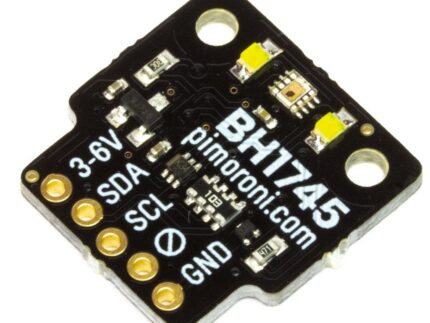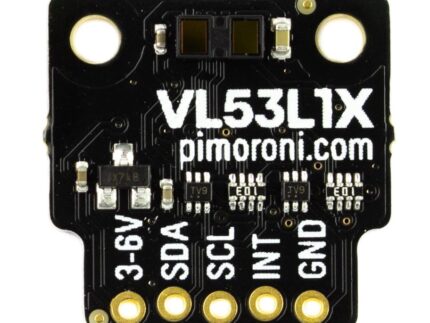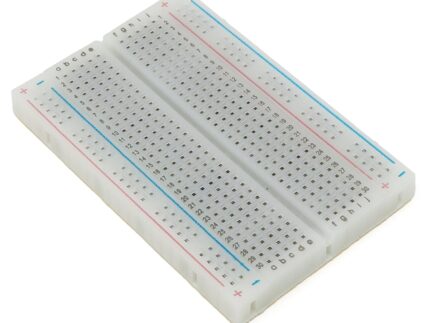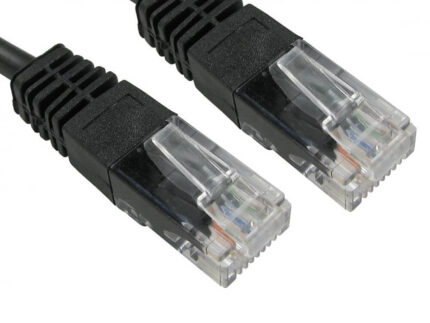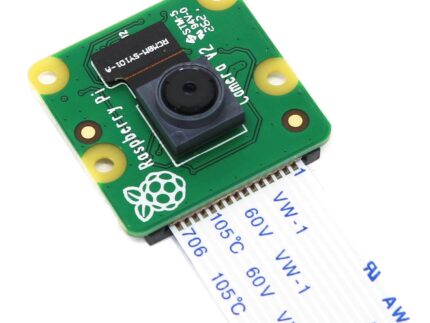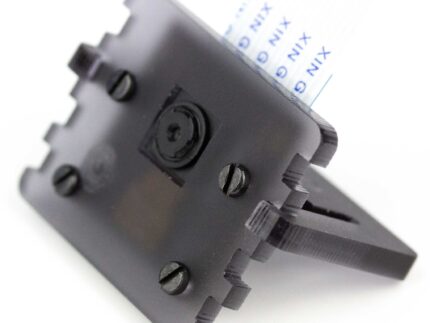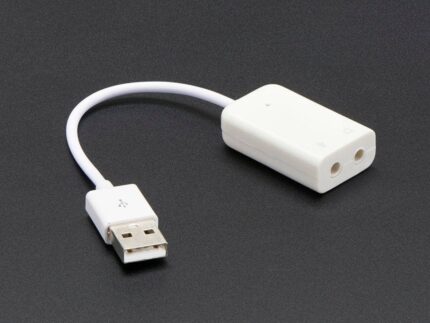1.12″ Mono OLED (128×128, white/black) Breakout – I2C
A crisp, bright 1.12″ OLED that’s ideal for adding a small display to your project. This 128×128 pixel, monochrome white/black display is ideal for graphing, readouts, and displaying basic icons.
OLEDs have the advantage of being extremely bright and readable, with great contrast. Because this one is small, it’s great for fitting into projects where space is at a premium, and it’s Raspberry Pi and Arduino-compatible!
Like our other breakouts, this one just pops straight onto your Pi’s pins once you’ve soldered on the included right-angle female header, and we included a trace that can be cut to change the I2C address from 0x3C to 0x3D, if you want to use two at once!
It’s also compatible with our fancy new Breakout Garden, where using breakouts is as easy just popping it into one of the six slots and starting to grow your project, create, and code.
Check out our full range of Breakout’s and Breakout Garden’s here
Features
- 1.12″ white OLED display (128×128 pixels)
- 20x20mm active area
- I2C interface (address 0x3C/0x3D (cut trace))
- 3.3V or 5V compatible
- Reverse polarity protection
- Compatible with all models of Raspberry Pi, and Arduino
- Python library
Kit includes
- 1.12″ OLED display breakout
- 1×5 male header
- 1×5 female right-angle header
We’ve designed this breakout board so that you can solder on the piece of right-angle female header and pop it straight onto the bottom left 5 pins on your Raspberry Pi’s GPIO header (pins 1, 3, 5, 7, 9).
Software
We recommend the Luma Python library for driving this OLED display. You can find full documentation for the Luma library here.
To get up and running you should:
- Install the latest library directly from GitHub:
sudo pip install git+git://github.com/rm-hull/luma.oled.git#egg=luma.oled - Grab the examples repository:
git clone https://github.com/rm-hull/luma.examples - Then run an example like so:
python maze.py --width 128 --height 128 --display sh1106
Our software does not support Raspbian Wheezy.
